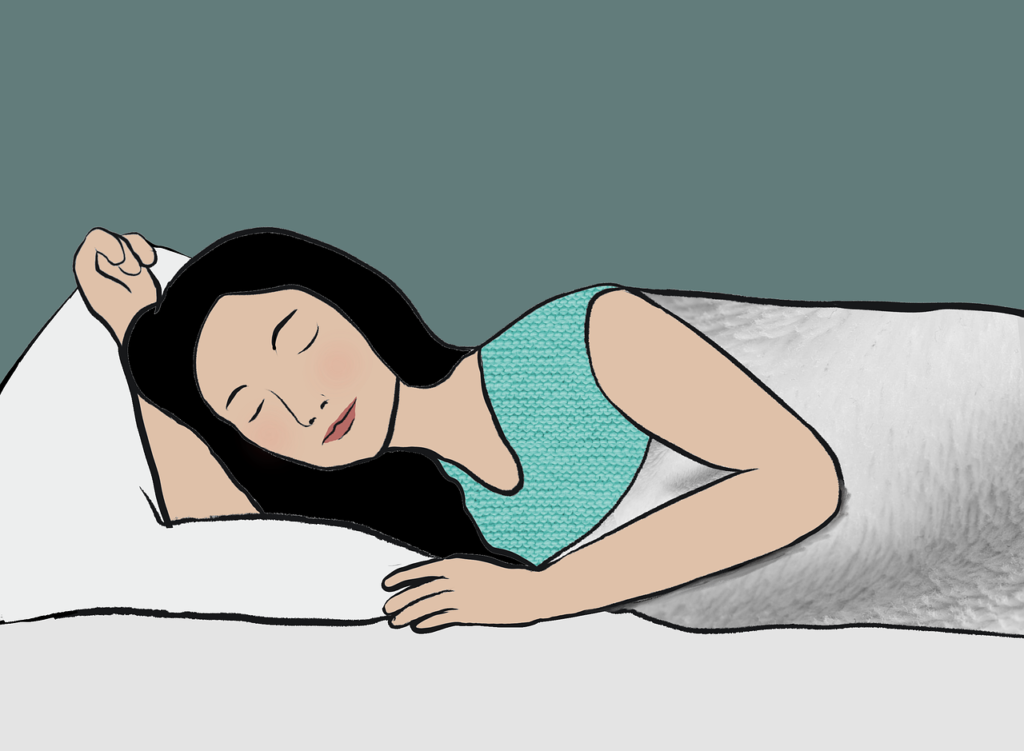
There are many benefits and conveniences with today’s technology. Concerns about its effect on sleep quality, particularly during night hours, have been on the rise because it is clear that technology has invaded every corner of our lives. Technology affects sleep patterns and quality one of the areas where this article will provide insights into how people can improve their sleeping habits by avoiding these detrimental effects.
Blue Light Emission and Circadian Rhythm Disruption
When electronic devices light up with blue light from screens like smartphones, tablets, TVs, or computers, there will be an impact on how well people sleep because this particular color wavelength affects melatonin production which controls when we feel awake or sleepy; if you expose yourself at nightfall by using devices which emit blue light waves then chances are you may experience mixed states related to sleep initiation problems within unspecified time-frames making impossible some individuals go into slumber as serenely as others do.
Numerous researches have shown that prolonged exposure to blue light before retiring to bed causes someone to take longer before they fall asleep and reduce the hours of sleep in general which makes someone feel tired or grumpy hence interfering with their day. However, to reduce its impact on our sleep patterns, some experts strongly suggest that we should refrain from looking at screens at least one hour before going to bed while others propose using gadgets with blue light filters installed on them.
Increased Arousal and Sleep Disturbances
By using technology before bedtime one can also get increased activation of the mind making it nearly impossible for a person to relax or unwind just before retiring to bed. Such activities include checking emails, reading social media feeds, or catching up on stimulating content, and are likely to keep the brain active thus breaking the transition to sleep.
The reason is that sleep can be disturbed when electronic devices send alerts and interruptions occur at night during sleep. Technology enables people to be in touch frequently, even when asleep, leading to sleep being broken and hence low quality. Therefore, it is possible to reduce one’s energy levels thereby improving one’s perfect rest by controlling the use of information and communication technology in sleep rooms.
Sleep Disruption Due to Excessive Screen Time
Spending too much time in front of screens has become related to different undesirable health outcomes including inadequate sleep. Technology is something that many people find it tough to walk away from can make a person use their gadgets during late hours, making them spend much time before they sleep therefore worsening this condition. Besides, screen time contributes to emotional health issues like lack of sleep due to emotions arising from playing computer programs that are exciting or even reading posts in various social media platforms that touch the heart.
For improved sleep quality, experts recommend regulating screen time which implies an electronic curfew before bedtime without any electronic devices to assist early sleeping. Some soothing pre-sleeping routines include reading a novel, and mindfulness meditation among others; they can be seen as starting sequences for the body to stop functioning normally so that a restful sleep is attained.
To conclude, technology in our daily life is quite beneficial. Nevertheless, its incorrect use can lead to poor sleeping patterns. People should be aware of how they use their electronic gadgets and come up with ways in which they can minimize exposure to blue-light wavelengths, decrease mental arousal levels before bedtime, or limit hours spent staring at computer or television screens among other things thus enhancing their sleeping behavior quality for optimum rest during nights that would enable them to wake up fully refreshed all day long.
Because health is important and not for granted, you may also go through an article that talks about addiction to caffeine.
